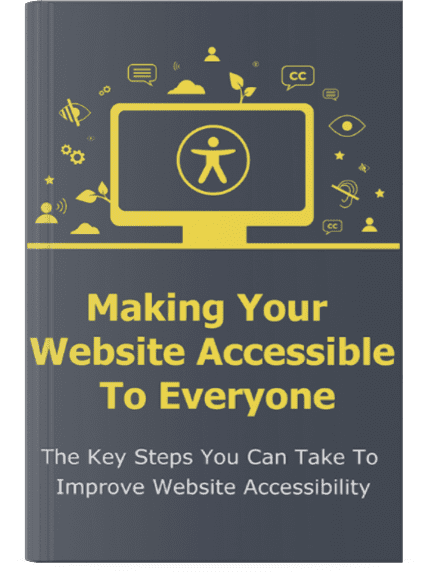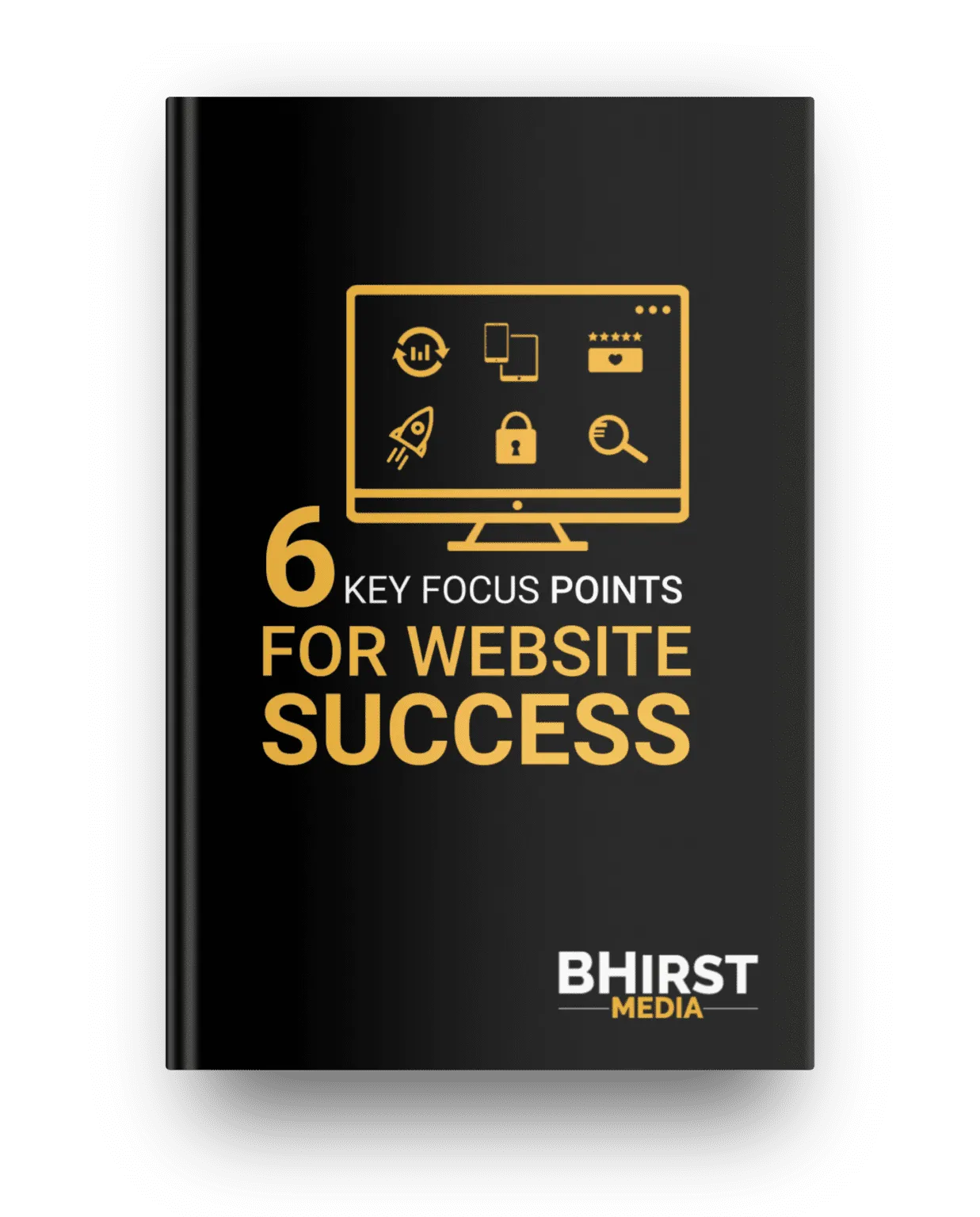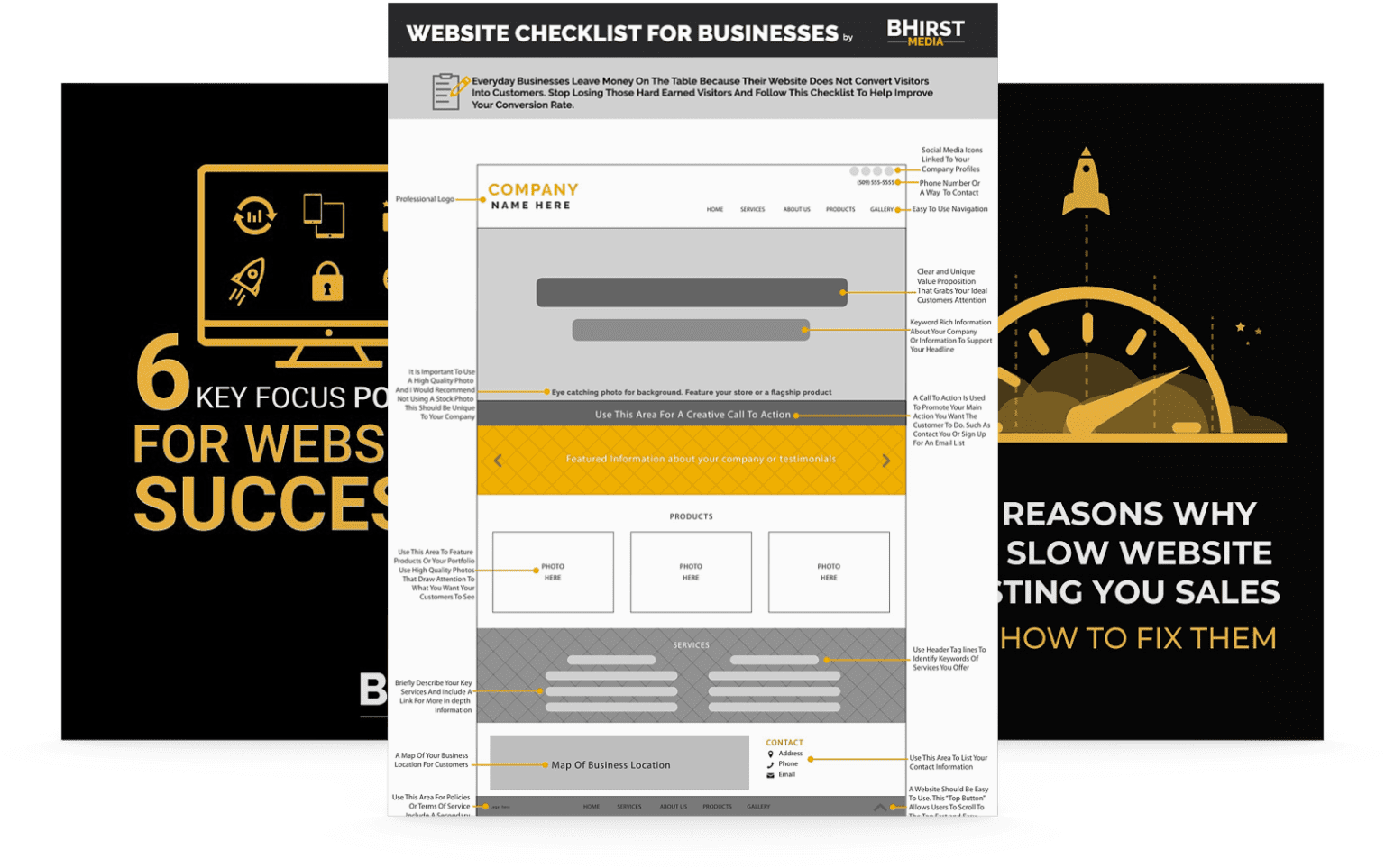
Supercharge your small business efficiency with AI automation! Discover how AI streamlines operations, cuts errors, and drives scalable growth. Explore practical tools and strategies to revolutionize your workflow.
In today’s rapidly evolving business landscape, efficiency is critical. Small business owners often find themselves stretched thin, juggling countless tasks. What if you could automate these routine responsibilities, freeing yourself to focus on innovation and strategic growth?
Imagine a world where tasks like appointment scheduling, invoice processing, and customer inquiry responses are handled by intelligent AI systems. This isn’t a futuristic fantasy; it’s a current reality reshaping business operations, offering entrepreneurs the freedom to pursue broader strategic goals.
Let’s explore how AI automation can streamline operations, enhance productivity, and unlock unprecedented efficiency, accelerating your business growth.
AI automation involves strategically integrating artificial intelligence to handle tasks that typically demand human effort. For small businesses, this means more than replacing personnel—enhancing team capabilities by automating complex, error-prone, or inconsistent processes. Consider chatbots and AI-driven customer service: these tools offer 24/7 support, delivering responsiveness and personalized interactions that can exceed human capabilities, directly boosting customer satisfaction.
AI automation spans from basic data entry to advanced applications like predictive analytics and fraud detection. By identifying the optimal AI applications for your business, you can unlock significant cost savings and productivity improvements. Start with automation solutions that address specific pain points to build confidence and pave the way for more comprehensive strategies. Knowing where to start is key.
AI automation presents numerous advantages, from saving time to minimizing errors. Automating tasks such as social media scheduling, email marketing, and bookkeeping saves countless hours and reduces human error, enhancing your brand’s consistency and professionalism. A recent case study revealed that a small e-commerce business achieved a 30% increase in operational efficiency by integrating AI tools for inventory management and customer service, leading to a 15% sales boost due to improved customer relations and optimized stock levels.
AI tools also facilitate scalable operations without proportional overhead increases. Automation manages growth in customer bases and inventory, postponing the need for additional staff until well after significant expansion. This scalability addresses a common concern among entrepreneurs—the fear that growth will be hampered by operational complexities. AI ensures smooth, efficient scaling. Beyond e-commerce, AI is proving invaluable in healthcare for automating patient scheduling and preliminary diagnostics; in finance for fraud detection and algorithmic trading; and even in environmental science for predictive modeling of climate change impacts. As we’ll discuss next, implementing these AI tools involves straightforward steps, starting with identifying the right automation opportunities.

Initiating AI automation requires identifying repetitive, time-consuming, and error-prone processes—areas ripe for immediate impact. Start by thoroughly understanding your current workflow. For example, automating invoice processing might involve adopting an Intelligent Document Processing (IDP) tool to replace manual data entry within your existing software ecosystem. An incremental approach to AI adoption minimizes risks, allowing you to control the pace and scale of change.
Once you’ve pinpointed areas for automation, select the right AI tools with these steps:
These steps optimize business processes and prepare you for future technological advancements. Beyond general business applications, legal firms can use AI to automate contract reviews; educational institutions can automate grading and personalized learning paths; and marketing agencies can automate ad campaign optimization across multiple channels.
Selecting the right AI tools involves understanding your business’s unique needs. Here are targeted recommendations across different sectors:
In addition to these, healthcare providers can use AI-driven diagnostic tools; financial institutions can employ AI for fraud detection and compliance; and environmental organizations can leverage AI for climate modeling and resource management. These tools reduce labor intensity, enhance scalability, and improve adaptability as your business evolves.

Integrating AI boosts productivity and streamlines operations. AI-driven tools enable real-time performance tracking, predictive maintenance, and personalized marketing campaigns, directly enhancing profitability. For example, Shopify uses AI for personalized product recommendations, significantly increasing conversion rates, as demonstrated in their case studies.
AI’s capacity for continuous improvement is another crucial advantage. By learning from past data, AI tools enhance their performance, increasing their contribution to business productivity over time. For instance, tools analyzing sales data can identify patterns and suggest operational adjustments that would be difficult for humans to detect, ensuring your business remains agile and responsive. AI’s ability to continuously learn and improve makes it an indispensable asset for small business owners. Moreover, in fields like education, AI personalizes learning experiences; in law, it accelerates case research; and in environmental science, it optimizes resource allocation.
AI automation offers small business owners a powerful catalyst for growth, efficiency, and enhanced productivity. Strategic AI implementation streamlines operations, reduces errors, and frees up crucial time for innovation and strategic initiatives. Begin with high-impact, targeted automation solutions, carefully explore tools tailored to your specific industry needs, and scale your efforts gradually. As you look ahead, businesses that embrace adaptable strategies and data-driven decision-making will lead in an increasingly competitive landscape. Whether through emerging technologies, customer-first innovation, or operational agility, the next era of success will belong to those who can not just adapt—but anticipate change. The real question isn’t if you’ll adopt these advancements—but how effectively you’ll use them to gain a competitive edge.
